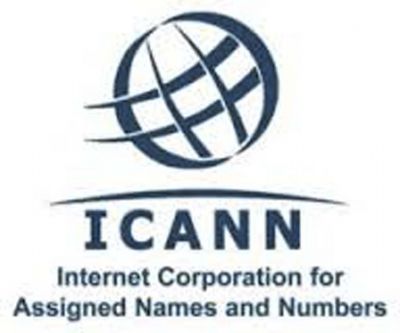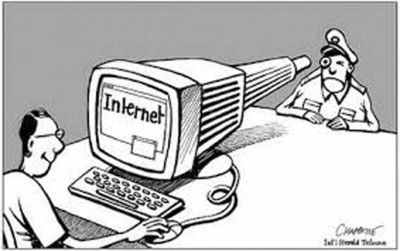ICANN Foundation Foments Future Flux

NSA cyber spying fallout that pushed China and Russia proposals to take over Internet foundations now performed through the US Department of Commerce’s contract with the Internet Corporation for Assigned Names and Numbers (ICANN) has fomented further discussion. Public Broadcasting Services (PBS) news anchor Judy Woodward interviewed present and former ICANN leaders to discuss coming changes. http://www.pbs.org/newshour/bb/who-should-oversee-the-web/
HFS initiated this conversation in a recent article, and now attention to the subject has reached higher levels. From the New York Times discussion to the Washington Post arguments, across the US pundits have raised an alarm. This week Woodward started with a quote from former US president, Bill Clinton, who opines predictably that other governments want to gag the Internet, and quickly moved to more substantive discussions from the current and the former leaders of ICANN, Fadi Chehade and Vint Cerf, along with Randolph May, founder of a free-market-oriented think tank called the Free State Foundation. In essence, they repeated the HFS report from last week, that China, Russia, and Iran want to take control of the Internet through a UN committee, and the US resists that plan, but from a weakened position as the NSA spy scandal has unfolded and continues to unfold. ICANN itself has kept the conversation alive through its website at this link: http://www.icann.org/en/news/announcements/announcement-11jan14-en.htm
Numerous other sites have offered additional opinions, but the central point remains that no one knows the future of the Internet except that the US shot itself in the foot with its NSA scandal, which will probably cause the Internet to change…somehow. No one has any clear thoughts about just how to make the Internet better for everyone else.
What do you think?

